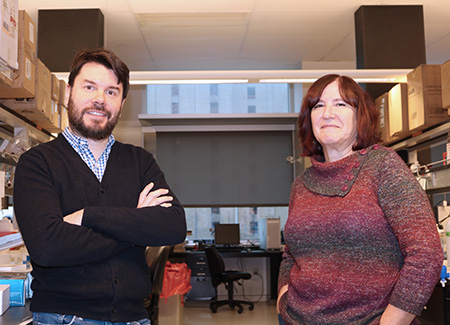Scientists at Rutgers University-Newark have discovered that when a key protein needed to generate new brain cells during prenatal and early childhood development is missing, part of the brain goes haywire – causing an imbalance in its circuitry that can lead to long-term cognitive and movement behaviors characteristic of autism spectrum disorder. To read the full article.
Recent Posts
- To Heal Skin, Scientists Invent Living Bioelectronics.
- Register for Children’s Specialized Hospital Distinguished Lecture on 8/14
- Researchers Shed Light on Cause of ‘Happy Hypoxia’ in COVID-19 Patients.
- Upending Conventional Wisdom, Cannabis Use Doesn’t Hinder PTSD Therapy.
- Many Firearm Owners Can’t Recognize When a Cable Lock Is Properly Installed.
Categories
- Community (1,944)
- Covid (971)
- CTO Events (1)
- News (2,488)
- Pilots (20)

